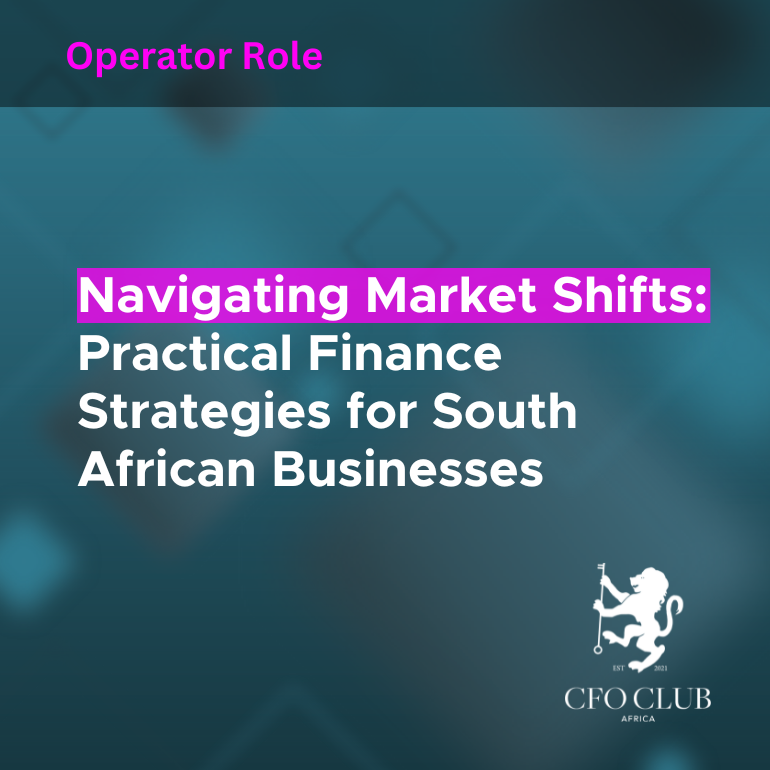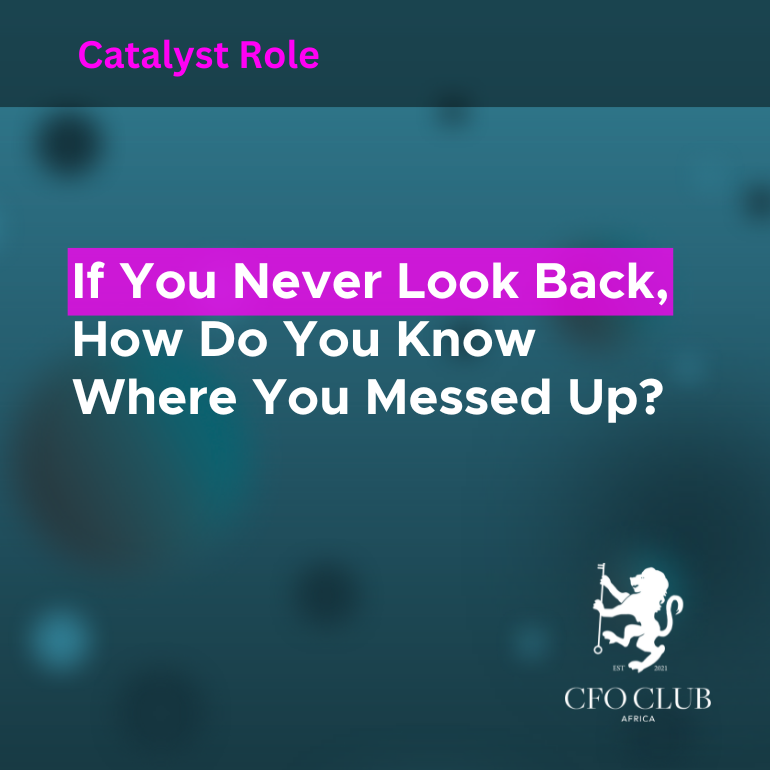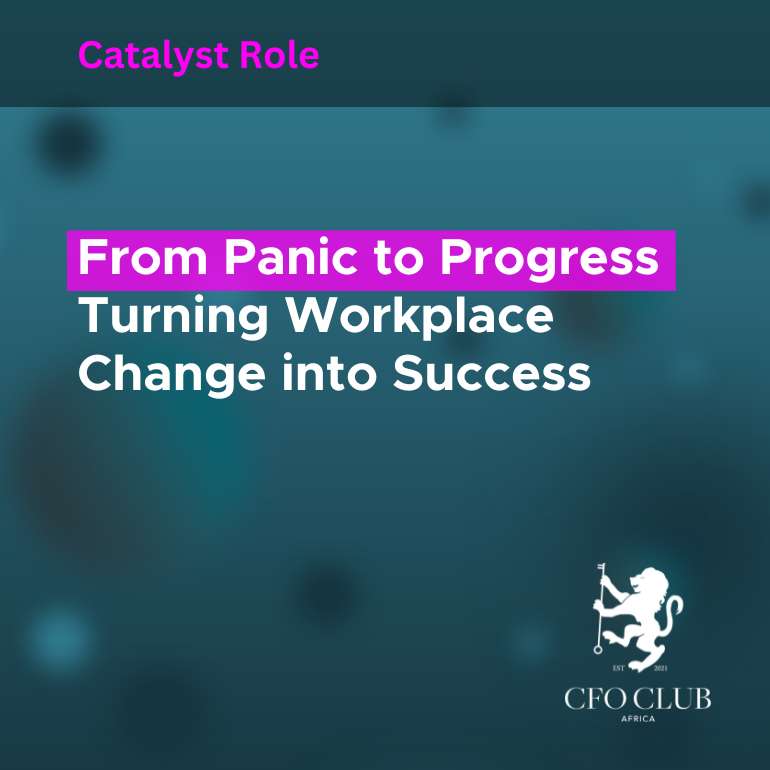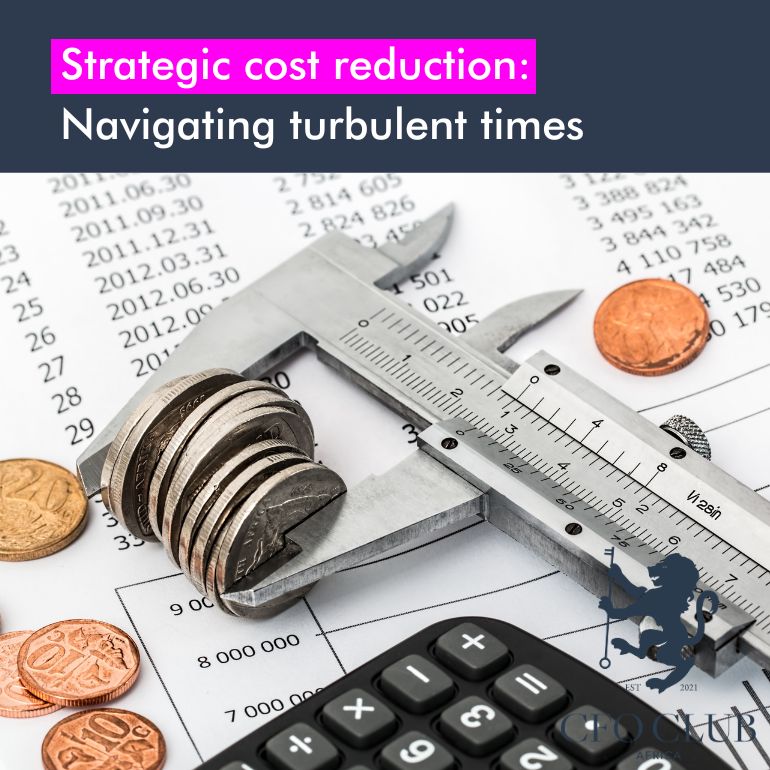From Gut Feel to Real-Time, Why CFOs Must Build Finance Teams that Think in Dashboards
From Gut Feel to Real-Time, Why CFOs Must Build Finance Teams that Think in Dashboards
There was a time when the finance function was purely backward-looking. Month-end meant printing reports, stacking spreadsheets, and explaining the past. But that era is gone, and frankly, good riddance.
Modern CFOs are expected to know what’s happening in the business right now, and even more importantly, what’s likely to happen next. And to get there, you need more than just a finance team, you need a strategic data team that speaks the language of business. You need people who don’t just know how to close the books, but how to forecast outcomes, stress test assumptions, and build the kind of decision-support tools that bring insight to life.
The Real Value Lies in Understanding the Business
Let’s start here. If you want your team to provide meaningful insights, they need to understand how the business works. That sounds obvious, but too often finance professionals are stuck in the engine room, with little visibility into operations. And without that understanding, even the best dashboard is just a colourful distraction.
Real insight requires asking:
- What levers actually move the business forward?
- What do operational teams care about most?
- Where are the risks hiding, and what early signals should we watch?
When your team understands those things, their numbers have context. Their forecasts have credibility. And their advice carries weight.
Data Quality Is Not Just a Systems Issue, It’s a Leadership Issue
We love to say that we want better data. But are we building the systems, disciplines, and policies to actually get there?
Data governance isn’t just a tick-box IT function. It’s foundational. Without it, everything from your cash flow forecasts to your investor presentations becomes shaky.
We’ve all seen what happens when poor data quality creeps into the reporting process:
- Revenue that doesn’t reconcile with operational performance
- Forecasts that change wildly from one week to the next
- KPIs that look fine until you realise someone changed the calculation logic halfway through the quarter
If finance is to be a trusted partner, we must lead the conversation around data management policies, standard definitions, validation checks, and ownership. It starts with us.
Real-Time Data Is No Longer a Luxury
A lag in data is a lag in decision-making. Today’s business environment moves too quickly for once-a-month reporting packs to be your only source of insight. If you can’t see what’s happening right now, you’re already behind.
We’ve seen CFOs transform their teams by investing in real-time dashboards. These tools allow you to track your actuals against forecasts, compare performance to budget, and stress test your projections, all in the moment.
And the best part? You don’t need an army of seasoned accountants to make this work. In one mining and construction group, we built a Finance Centre of Excellence using a blend of economics graduates and accounting graduates, trained them in Power BI, and gave them ownership of building decision-support tools.
The result?
- A team that could visualise performance in real-time
- A culture of curiosity and commercial thinking
- The ability to pivot forecasts mid-month instead of reacting at quarter-end
In industries like mining and construction, this isn’t just helpful, it’s vital. Volatility is the norm, and being able to model “what-if” scenarios quickly becomes a superpower. Should we accelerate procurement before inflation bites harder? What’s the cash impact of a delay in project A versus B? The ability to answer these questions in real-time has direct commercial impact.
Rolling Forecasts Are the Way Forward
Traditional annual budgets are becoming increasingly irrelevant, especially in sectors exposed to constant change. Rolling forecasts are the better alternative, because they’re dynamic, responsive, and aligned with how business actually operates.
But rolling forecasts only work when:
- You have reliable data inputs
- The team understands the drivers behind the numbers
- You’re able to model scenarios without starting from scratch every time
This is where a dashboarding team becomes essential. When assumptions change, you don’t want to scramble for spreadsheets. You want a system that can flex, pivot, and show you the road ahead in seconds.
We’re Not Building Finance Teams. We’re Building Intelligence Teams.
The big takeaway? The CFO function is no longer about finance alone. It’s about business intelligence, commercial agility, and strategic foresight.
To meet this moment, we need to hire differently. We need to train differently. And we need to measure our teams on different outcomes.
A Centre of Excellence, built with smart young minds, trained in data tools, and grounded in commercial thinking, is one of the smartest investments a CFO can make. These teams become your internal consulting unit, alerting you to risk, surfacing opportunities, and helping the business make better decisions, faster.
No More Excuses
It’s time we stopped treating real-time data, dashboards, and business understanding as ‘nice to haves’. They are non-negotiables. As CFOs, we must lead this change, not just by talking about it, but by structuring our teams, processes, and systems around it.
Your seat at the strategic table doesn’t come from having the best spreadsheet. It comes from helping the business make smarter decisions, in real time, with confidence.
That’s the future of finance. And it’s already here.





